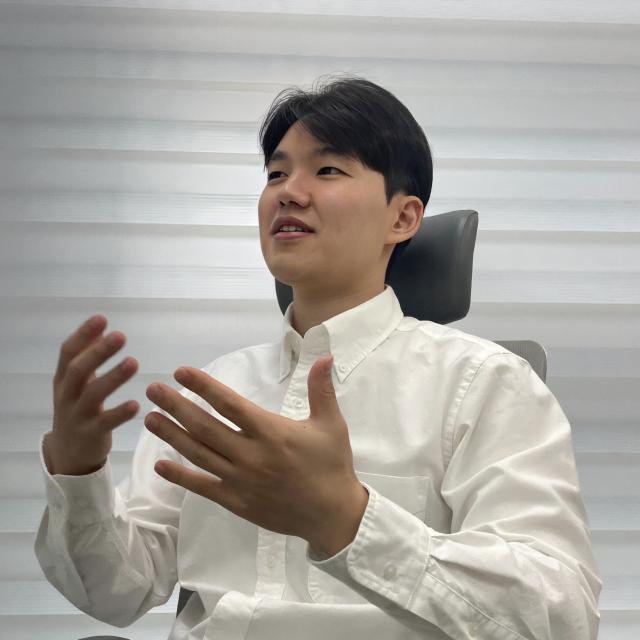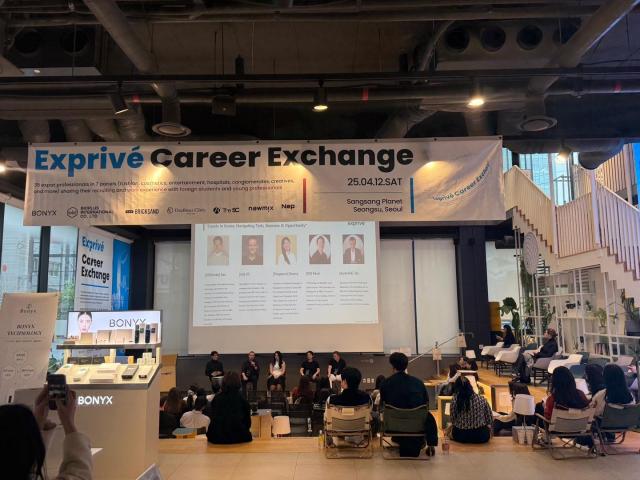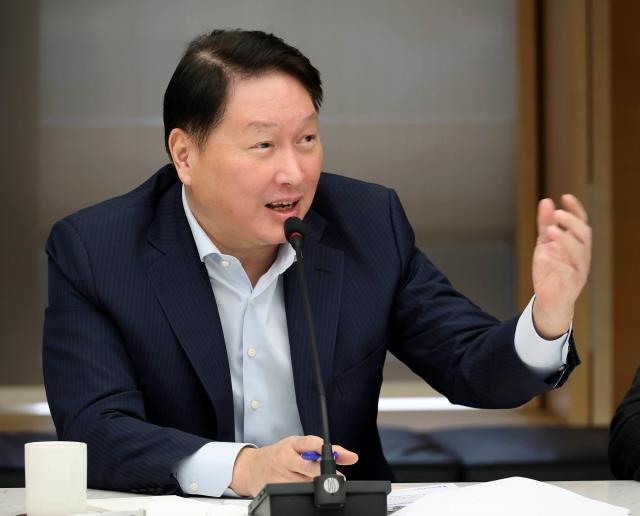
Kim Jong-min, CEO of HeyKorea Ventures Inc., said that many Korean companies are employing foreign workers primarily to cut costs or for appearances of diversity, rather than integrating their contributions to address the nation's long-term economic and demographic challenges.
"This behavior is detrimental to national competitiveness," Kim lamented in an interview with AJP.
"We're losing our working population, and when the people born in the 1950s and 60s retire, who will work? Most of those in their 20s and 30s don't want to work now. But foreign workers are trying hard to settle and work here," he said.
South Korea's fertility rate in 2023 was a record-low 0.72 babies per couple. According to the Bank of Korea, without effective government interventions, there is a 90 percent probability that the country's population could decline from 51 million in 2023 to below 40 million by 2070.
The study abroad consulting firm, founded in 2020, assists international students with university admissions in Korea, particularly those facing language proficiency challenges. The firm provides housing support and helps students seek scholarship opportunities in partnership with around 10 Korean universities.
Kim notes that the global popularity of Korean culture, including K-pop and Korean dramas, has attracted many students from the Middle East and Southeast Asia to his agency.
"But international students who complete their studies in Korea struggle to find employment and are often forced to return to their home countries," he said.
Only 8.2 percent of international graduates from vocational colleges, universities and graduate schools secured jobs in Korea in 2022, with just 2,253 out of 27,321 graduates finding employment, according to data from the Korean Educational Development Institute.

Kim pointed out the difficulties international students face in securing E-7 visas, which typically require a master's degree in a related field, one year of industry experience after earning a bachelor's degree, or five years of relevant work experience without a degree.
"Many international students who complete their bachelor's degree seek E-7 visas but often face challenges due to strict eligibility criteria," he said.
"They also often face disadvantages compared to Korean students when planning their careers, as they may lack a deep understanding of Korean culture," Kim added. He noted that Korean firms often favor domestic applicants for their perceived cultural fit.
While acknowledging that cultural integration for foreigners will take time, Kim suggested that adopting a model similar to that of the United Arab Emirates (UAE) could be beneficial.
"We need a model like the UAE's, which has reduced its reliance on public sector employment by increasing the proportion of foreign workers in the private sector."
The International Labor Organization (ILO) estimates that the majority of private sector workers in the UAE are foreign nationals, while UAE citizens predominantly occupy public sector roles.
Language barriers and cultural differences still hinder the attraction and retention of foreign talent in many sectors, he said.
"In fields like IT and data development, language and cultural barriers are less of an issue, but cultural differences still pose significant challenges, whether in conglomerates or small and medium-sized enterprises."
In addition to consulting, Kim offers various free events for his clients, such as yoga classes, where they can interact with Koreans.
"There aren't many interaction opportunities between foreigners and Koreans. I'm looking for more cultural programs to help them become part of our society."
Kim remains optimistic that as Korea becomes more multicultural, the gap between foreigners and Koreans will gradually close.
"Although there's still much progress to be made, I believe Korea will inevitably transform into a society where people from diverse backgrounds can coexist."
Last year, the Ministry of Education announced plans to increase the number of international students from about 167,000 in 2022 to 300,000 by 2027.
The initiative, involving collaborations with universities, companies, and local governments, includes offering career training and Korean-language classes.
Copyright ⓒ Aju Press All rights reserved.





View more comments